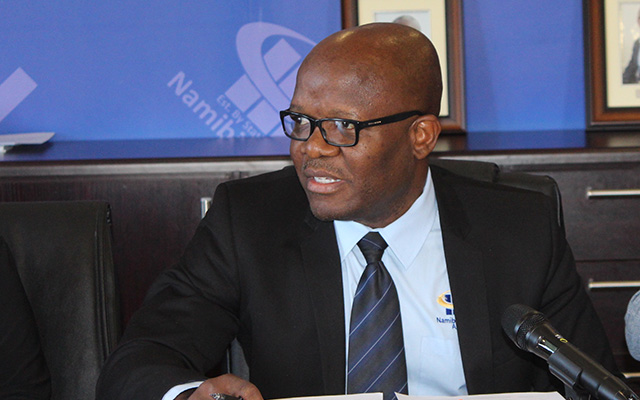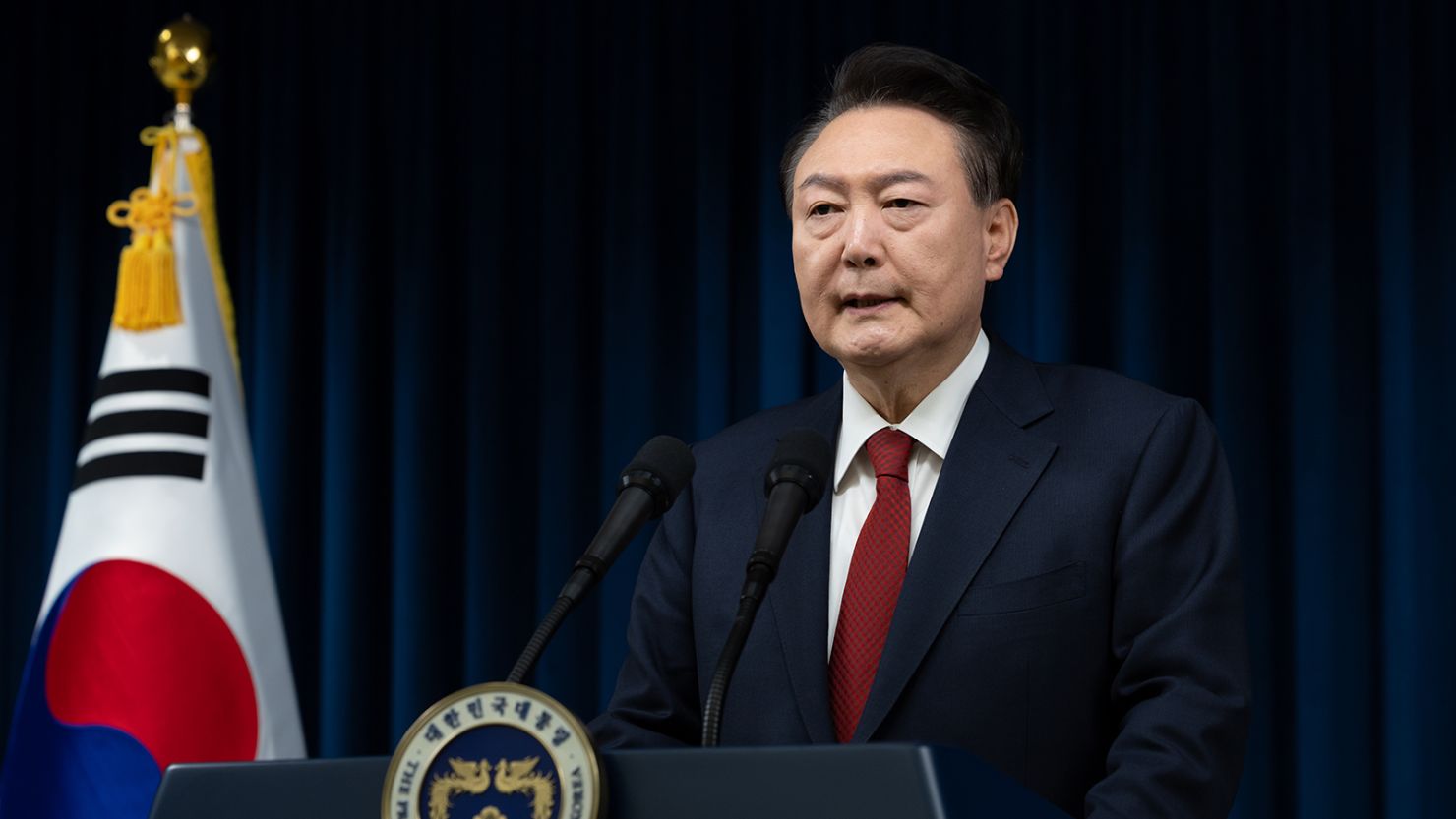The Ministry of Industrialisation and Trade says Namibia relies on foreign trade and foreign direct investment to sustain and accelerate its economic growth.
This was said by industrialisation and trade executive director Sikongo Haihambo at a five-day capacity building workshop at Swakopmund on Monday.
The workshop was attended by ministry officials, the Namibia Investment Promotion and Development Board (NIPDB), and line ministries working on trade- and investment-related issues.
“External markets absorb products that we produce in surplus to local requirements (our minerals, beef, fish, etc), while through imports, we satisfy demands for products in short supply locally,” Haihambo said.
He said Namibia, with a small domestic market, limited skilled labour force and abundant natural resources, is actively seeking new investment opportunities and enhanced foreign market access by participating in various regional and international trade agreements.
“To maximise benefits from these engagements, we must enhance our capacity and skills in trade policy and competitiveness analysis, trade statistics, trade negotiations skills, investment and trade promotion strategies, monitoring and evaluation of these trade arrangements,” he said.
Haihambo said the workshop was a significant milestone in ongoing efforts to strengthen Namibia’s trade and investment-related capacity and to enhance expertise in the realm of international trade and investment as whole.
“Accordingly, the expected outcome after this training is for us to use acquired knowledge and skills to enhance Namibia’s export and investment competitiveness and maximise benefits from trade agreements that we are party to,” he said.
Haihambo highlighted some of the ministry’s engagements, including the first European Union-Namibia Business Forum held last year, which attracted global attention.
In 2020, Namibia, through the National Planning Commission, signed a financing agreement with the European Union, amounting to 6 million euros, titled ‘Support to the EPA Implementation Plan in Namibia’.
The agreement has four strategic objectives.
One is enabling an institutional framework for managing economic partnership agreements (EPAs).
“The other strategic objectives are improved EPA-related quality infrastructure and services, the enhanced use of EPA opportunities by private sector operators and enhanced competitiveness of value chains,” the executive director said.
Expressing gratitude to the European Union through the delegation in Windhoek for their support and collaboration, Haihambo said the workshop highlights commitment to nurturing Namibia’s skills development, economic growth, contributions to the promotion of sustainable development and advancing regional integration.
Stay informed with The Namibian – your source for credible journalism. Get in-depth reporting and opinions for
only N$85 a month. Invest in journalism, invest in democracy –
Subscribe Now!






